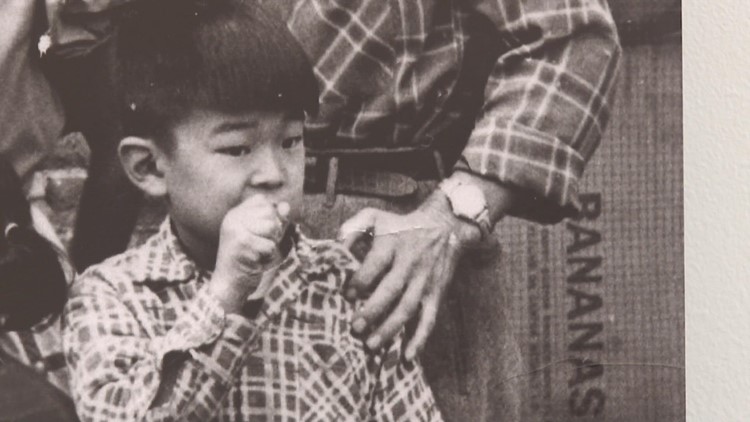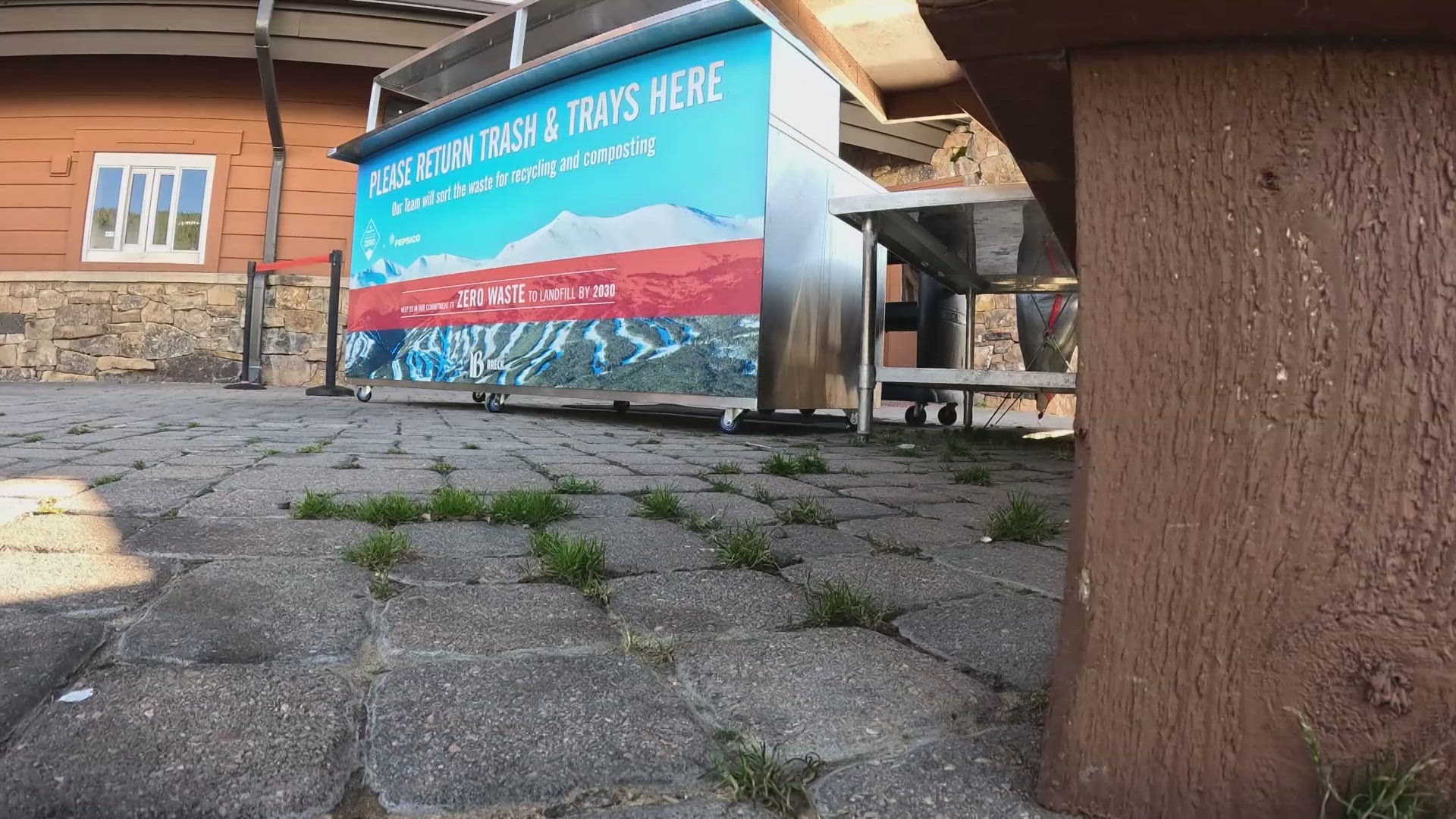DENVER — Change in the historic Five Points neighborhood of Denver is easy to see as new buildings go up every year, but what used to be is harder to find.
“Even in my lifetime it’s changed so much," said Courtney Ozaki, 38.
Ozaki is the creator of Stories of Solidarity, an exhibit in Savoy Denver, that shows the resettlement of Japanese Americans in Five Points in the 1940s.
“It’s important for our history to know what our city was built upon," said Ozaki.
After WWII, thousands of Japanese Americans moved to Colorado because then governor Ralph Carr was outspoken against the incarceration camps.
“Being an American and being stripped of all of their possessions and having to go to a camp, I couldn’t’ even imagine what they had to go through," said Milt Dolmoto, whose parents resettled in Five Points after being forced to move to Colorado's incarceration site, Amache.
Dolmoto's family and others ended up in Five Points because of redlining, a practice that kept people of color out of other areas of Denver by not allowing them to buy homes.
He leant his voice to Ozaki's project, which showcases the experiences lived by the Japanese American community, the businesses they built and the relationships they created.
"Those relationships don’t have something commemorating them other than us, you know," said Ozaki.
"And that’s why this is so important what you’re doing here," replied Milt's wife, Nancy Dolmoto, whose parents also resettled in Five Points.
Ozaki's exhibit ends on Saturday, July 23, but people can experience the history in perpetuity through her walking tour on PocketSights.
It shows people places like Nancy's father's market, which is now River and Roads Coffee at Champa and 30th Streets and includes audio stories from the families who remember.
"The younger generations are now asking questions," said Ozaki.
Those questions helped her tell the world about the history of her family.
SUGGESTED VIDEOS: Latest from 9NEWS



